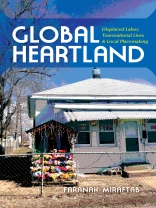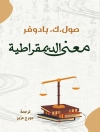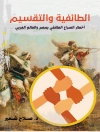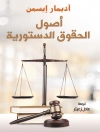Global Heartland is the account of diverse, dispossessed, and displaced people brought together in a former sundown town in Illinois. Recruited to work in the local meat-processing plant, African Americans, Mexicans, and West Africans re-create the town in unexpected ways. Drawing on ethnographic research conducted in the US, Mexico, and Togo, Faranak Miraftab shows how this workforce is produced for the global labor market; how the displaced workers’ transnational lives help them stay in these jobs; and how they negotiate their relationships with each other across the lines of ethnicity, race, language, and nationality as they make a new home. Beardstown is not an exception but an example of local-global connections that make for local development. Focusing on a locality in a non-metropolitan region, this work contributes to urban scholarship on globalization by offering a fresh perspective on politics and materialities of placemaking.
สารบัญ
Introduction
Part I. Beardstown: A Place in the World
1. Welcome to Porkopolis
2. It All Changed Overnight
Part II. Displaced Labor
3. ‘Michoacán’s Largest Export is People’
4. ‘Winning the Lotto in Togo’
5. Detroit: ‘The First Third World City of the U.S.’
Part III. Outsourced Lives
6. Global Restructuring of Social Reproduction
Part IV. We Wanted Workers, We Got People
7. We Wanted Workers
8. We Got People
Conclusion: The Global in my Backyard
Appendix 1: Population and Labor Tables
Appendix 2: Schedule and Profile of Interviewees
Notes
References
Index
เกี่ยวกับผู้แต่ง
Faranak Miraftab is Professor of Urban and Regional Planning at the University of Illinois, Urbana-Champaign. She is author of Women’s Empowerment: Participation in Shelter Strategies at the Community Level in Urban Informal Settlements and editor(with David Wilson and Ken Salo) of Cities and Inequalities in a Global and Neoliberal World, (with Neema Kudva) Cities of the Global South Reader, and (with Victoria A. Beard and Chris Silver) Planning and Decentralization: Contested Spaces for Public Action in the Global South.












